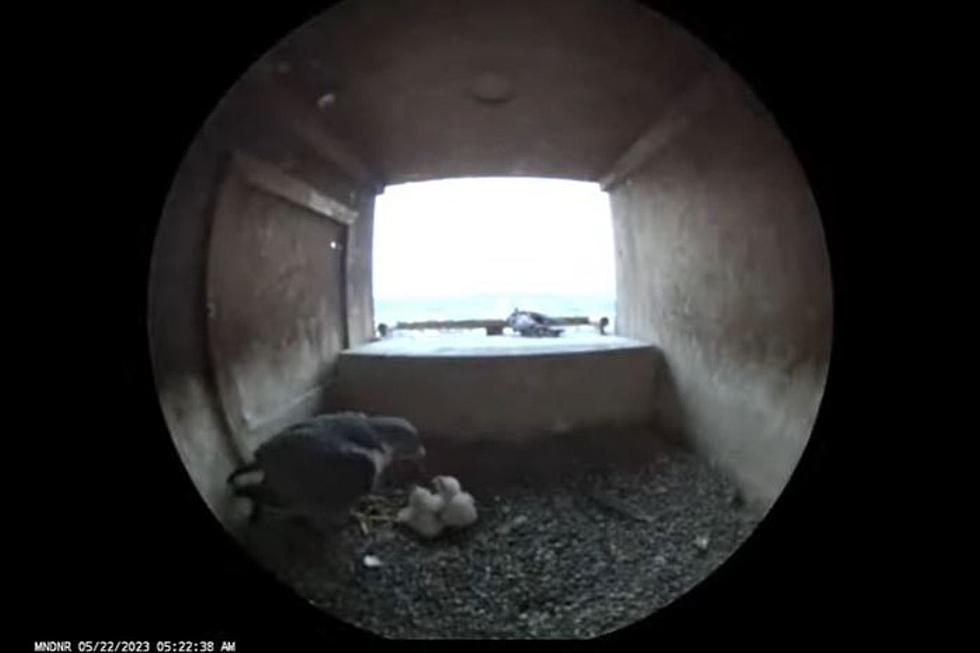
This Toxic Illinois Plant Will Make You Feel Like You’re On Fire
Last week, we told you all about an Illinois plant that looks very pretty, but...it can kill you. This week, we move on to a slightly less deadly, but still really nasty plant that can make you feel as though someone just nailed you with a blowtorch.
It's weird how we look at things. Tell someone who loves spicy food that a local restaurant has a certain dish will make them feel like they're on fire, and they'll find a way to get to that joint for a plateful just as fast as they can (myself included).
However, we just don't seem to share that enthusiasm for a plant with pretty flowers on it that will do the same to us.
Maybe we should start putting this plant into some Cheetos and see what happens.
But Seriously...Don't Even Think About Touching Or Eating This Invasive, Toxic Plant That's Showing Up In Several States, Including Wisconsin And Illinois
The plant I'm talking about is the Giant Hogweed, and it looks like this:
You Can't Tell From The Photos, But These Things Can Grow To Be 10-15 Feet Tall
Here's some background from the University of Illinois Extension:
This invasive plant has been confirmed in several states including Maine, New York, Pennsylvania, Washington, Oregon, Michigan, and in August 2006, giant hogweed was confirmed in Lake County in northeast Illinois.
Giant Hogweed has gone on to be confirmed as being present in several other Illinois counties, and it's also been confirmed in Wisconsin (Iron, Manitowoc, Portage and Sheboygan counties).
This Is Why You Should Take Giant Hogweed Seriously
Unless you enjoy reaching new heights of pain and agony, don't even go near this stuff. The purple blotches and white hairs all over the stems are not very attractive, but it's the sap that will get you.
ForestryNews.com says the Giant Hogweed's sap contains photosensitizing compounds that can cause a skin reaction when exposed to the sun. When the plant is bruised or broken, it can release a sap.
"If a person comes in contact with the sap and then exposes the area to the sun, swelling and blistering of the skin can occur and may lead to permanent scarring. Worse yet, having contact with your eyes can cause temporary, or even permanent blindness."
LOOK: Here Are 30 Foods That Are Poisonous to Dogs
More From KOLM - 1520 The Ticket









